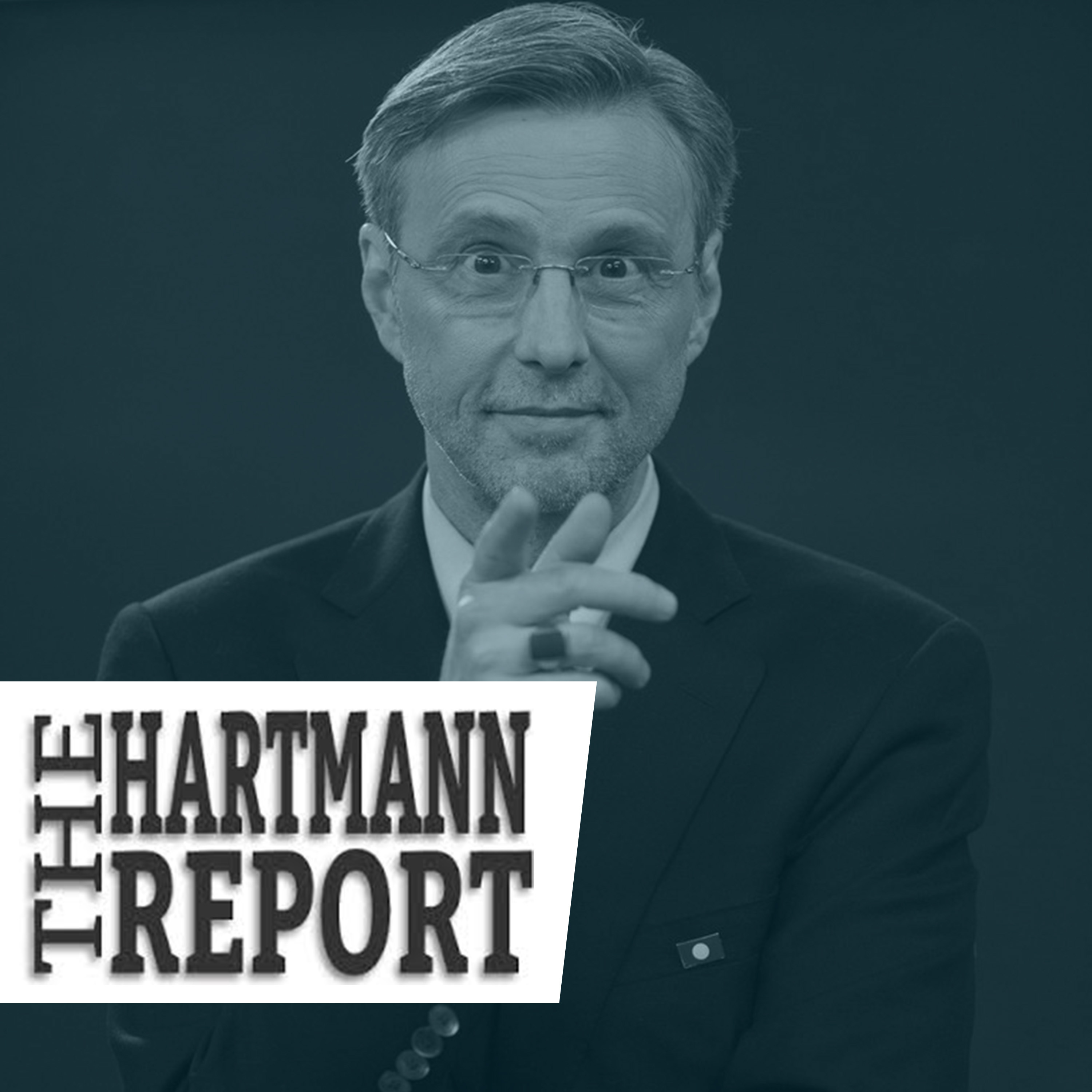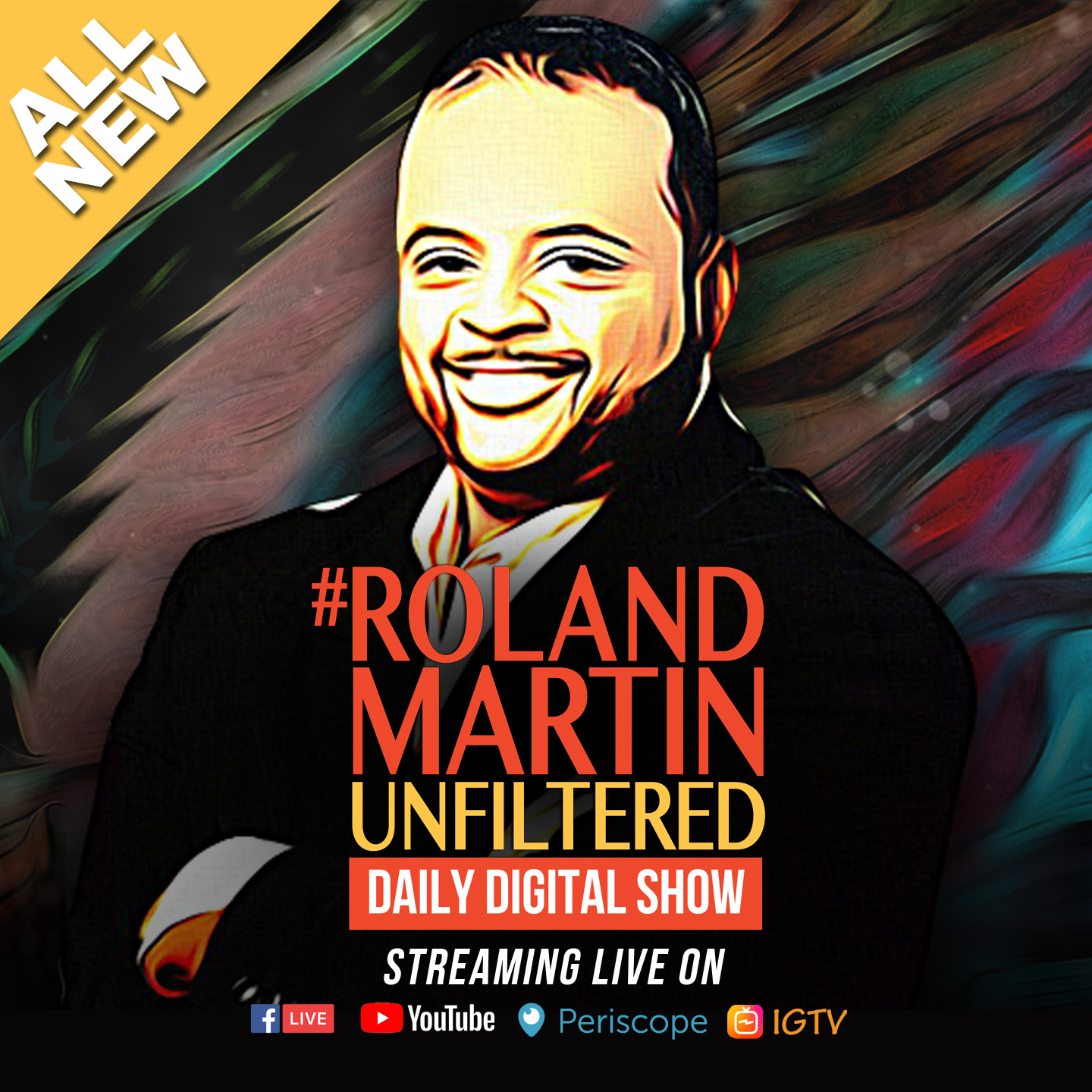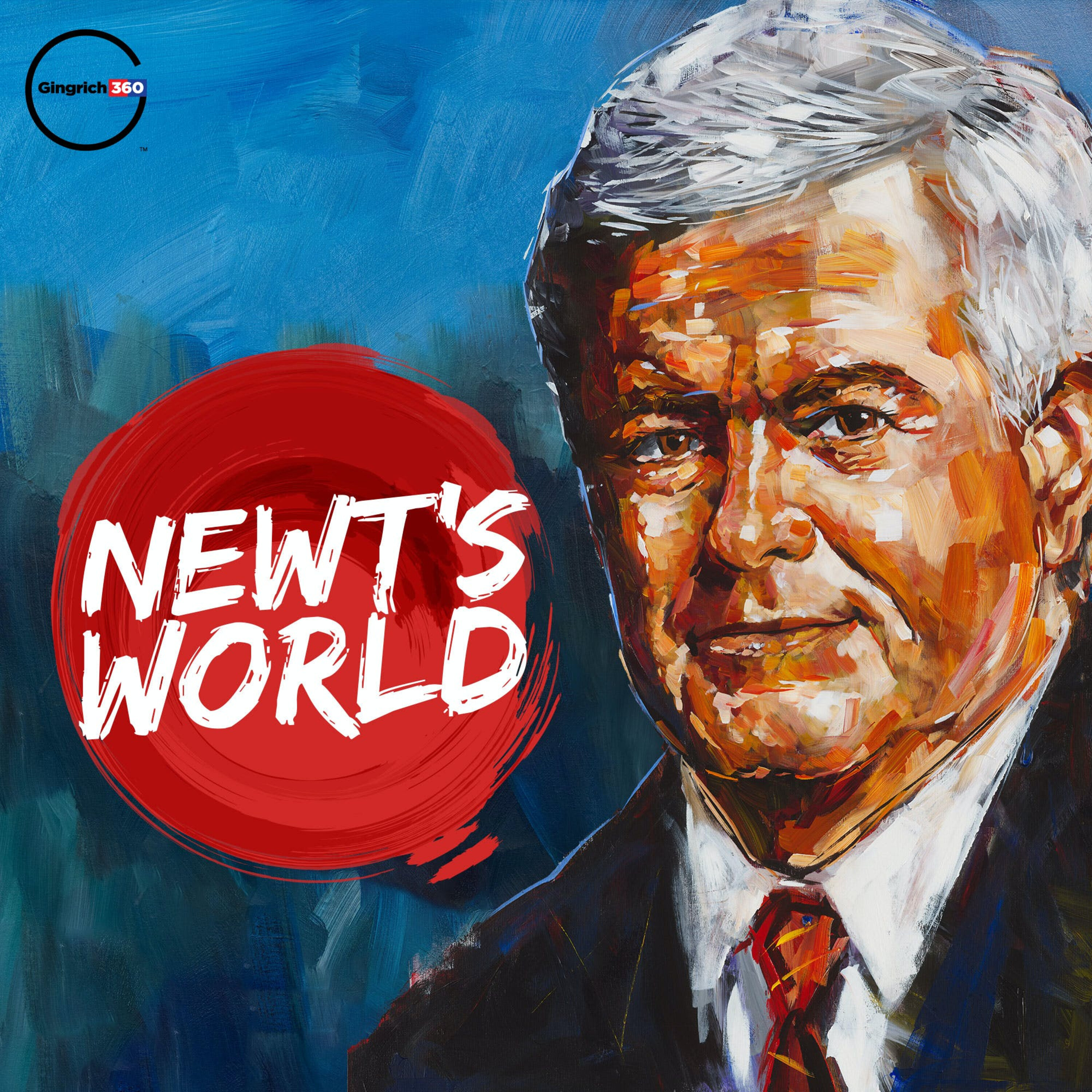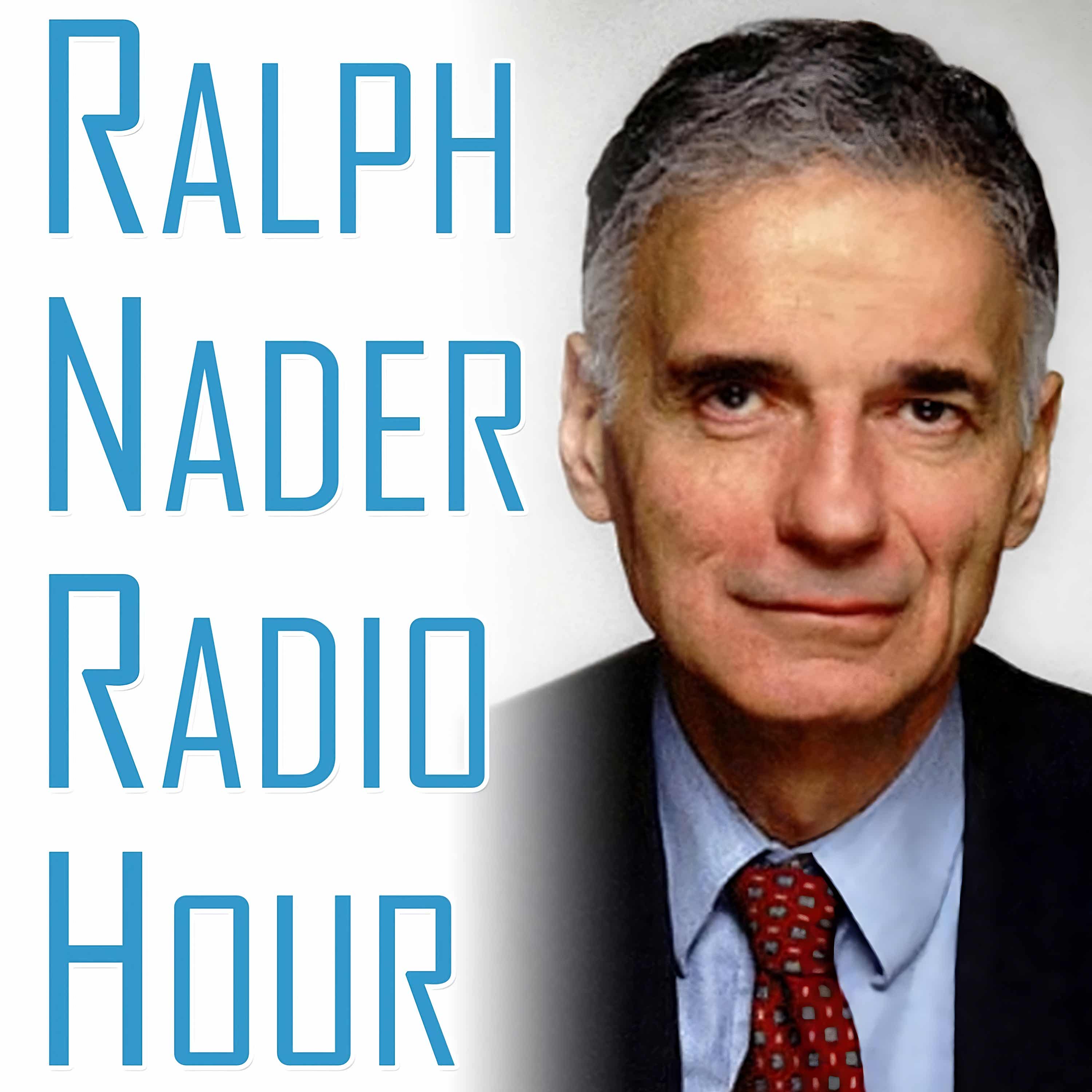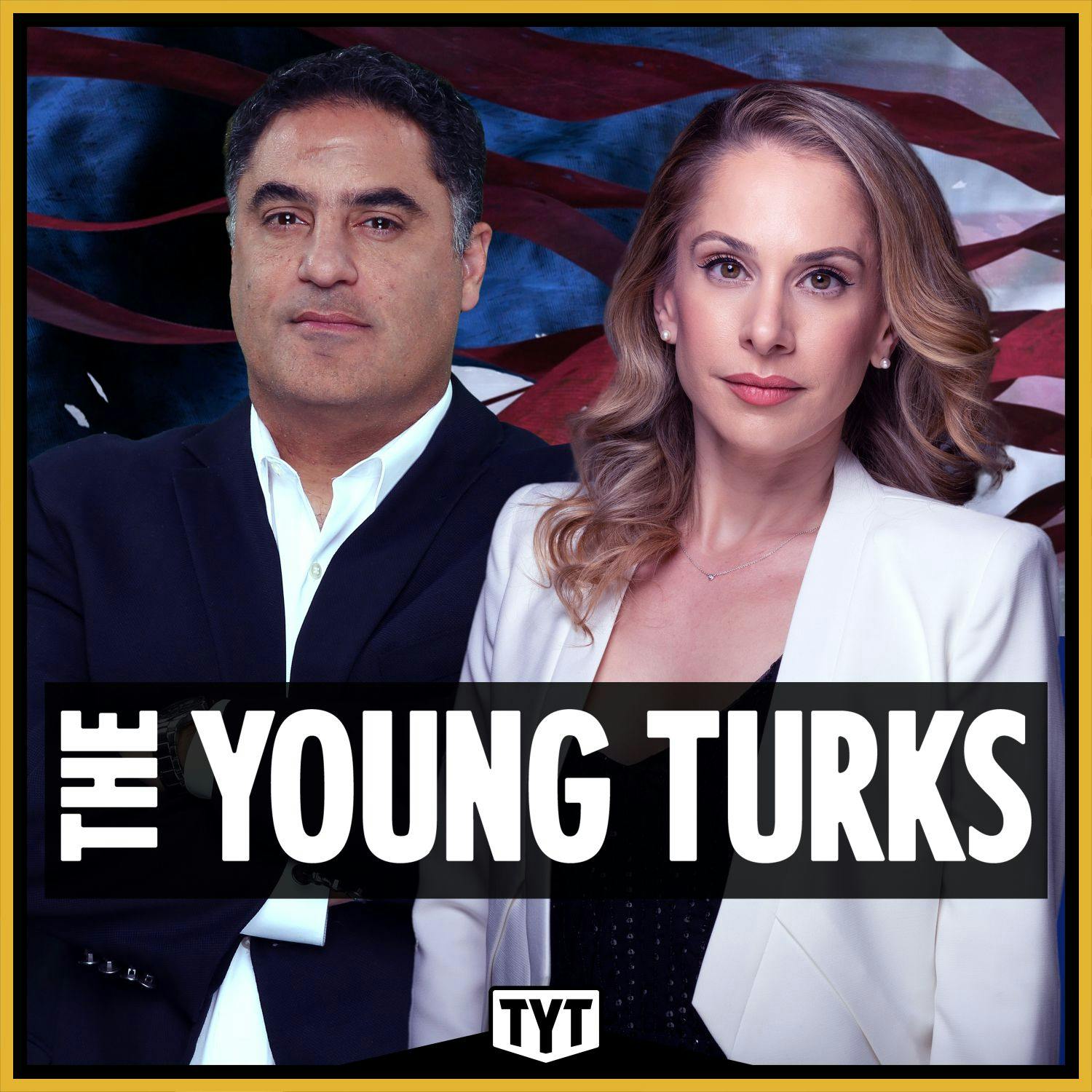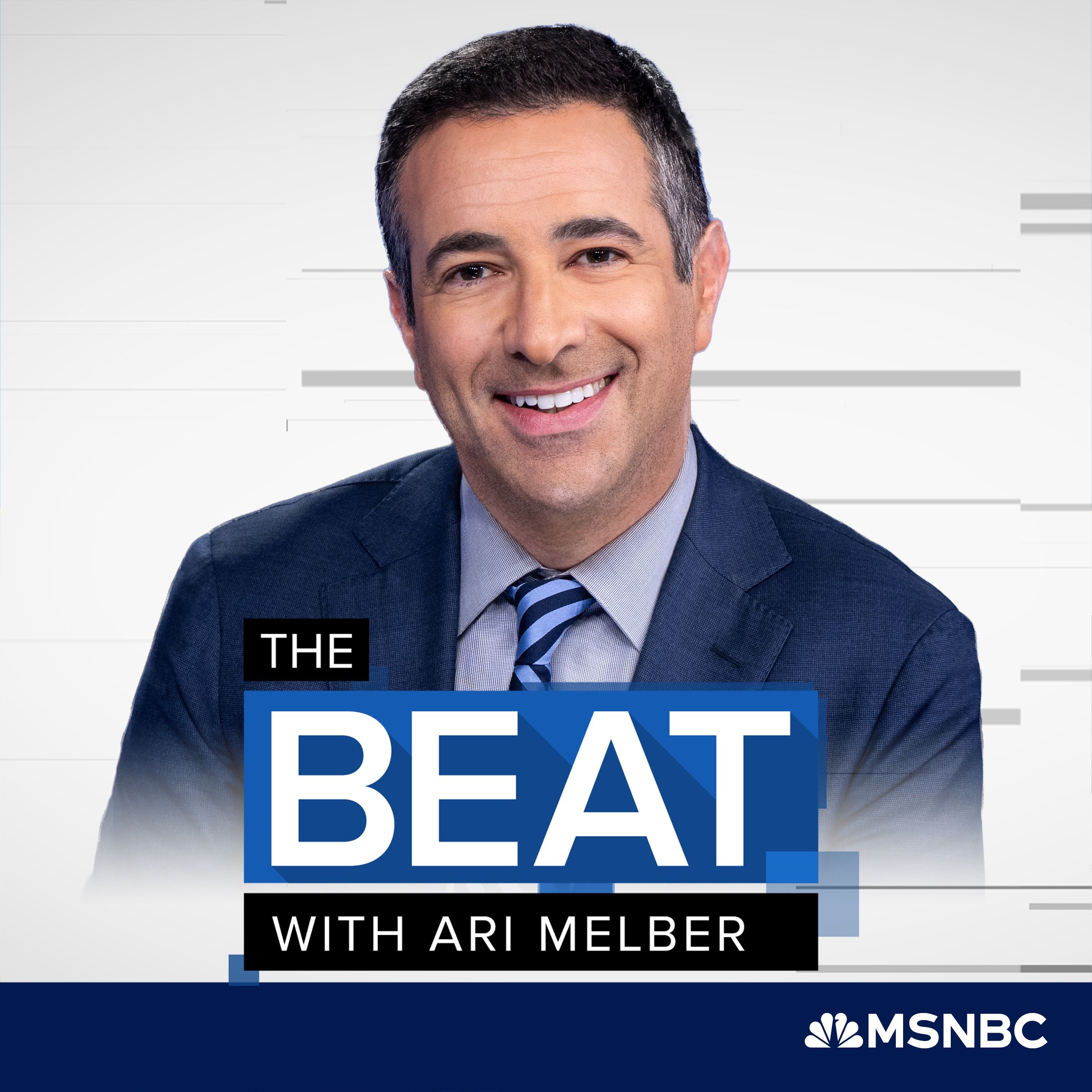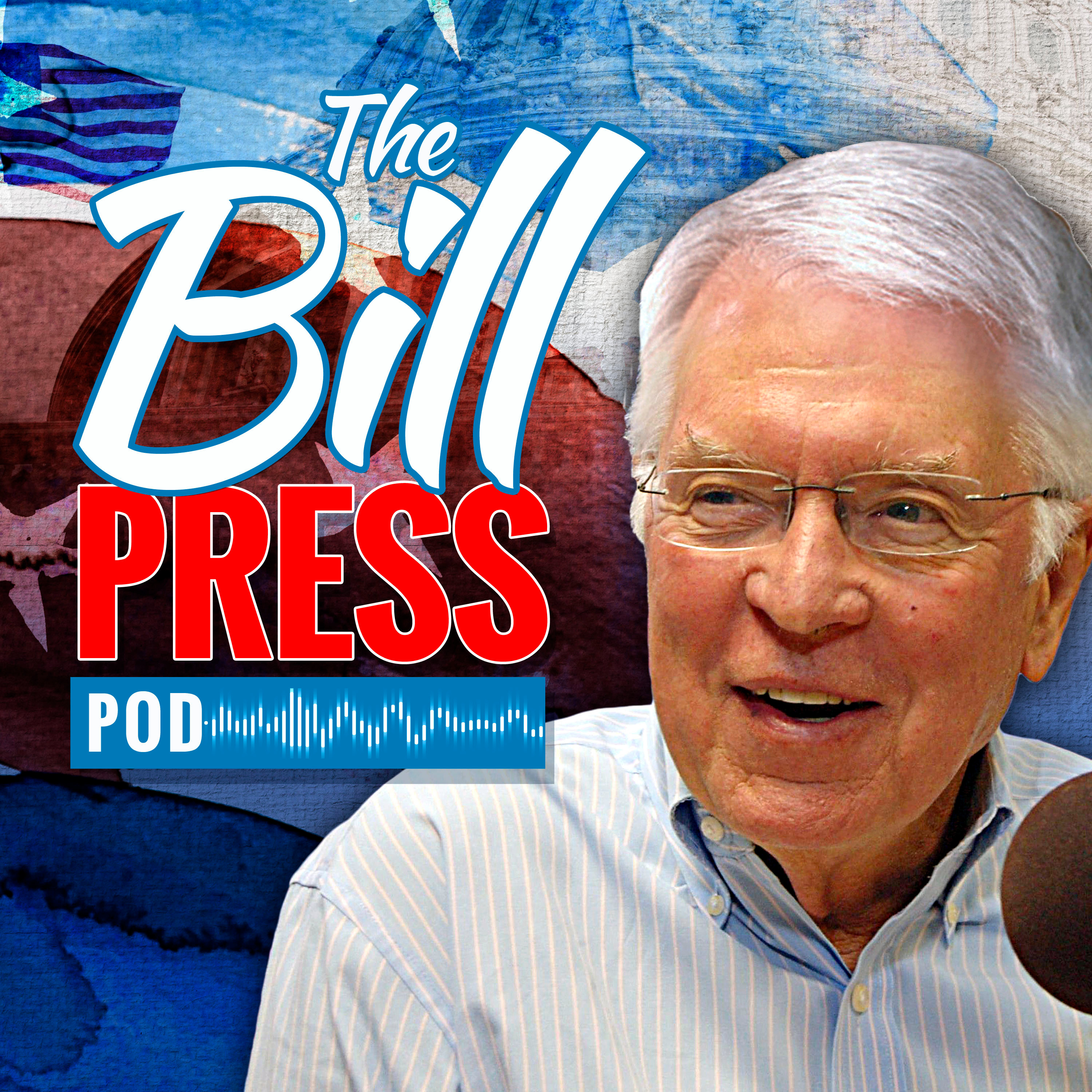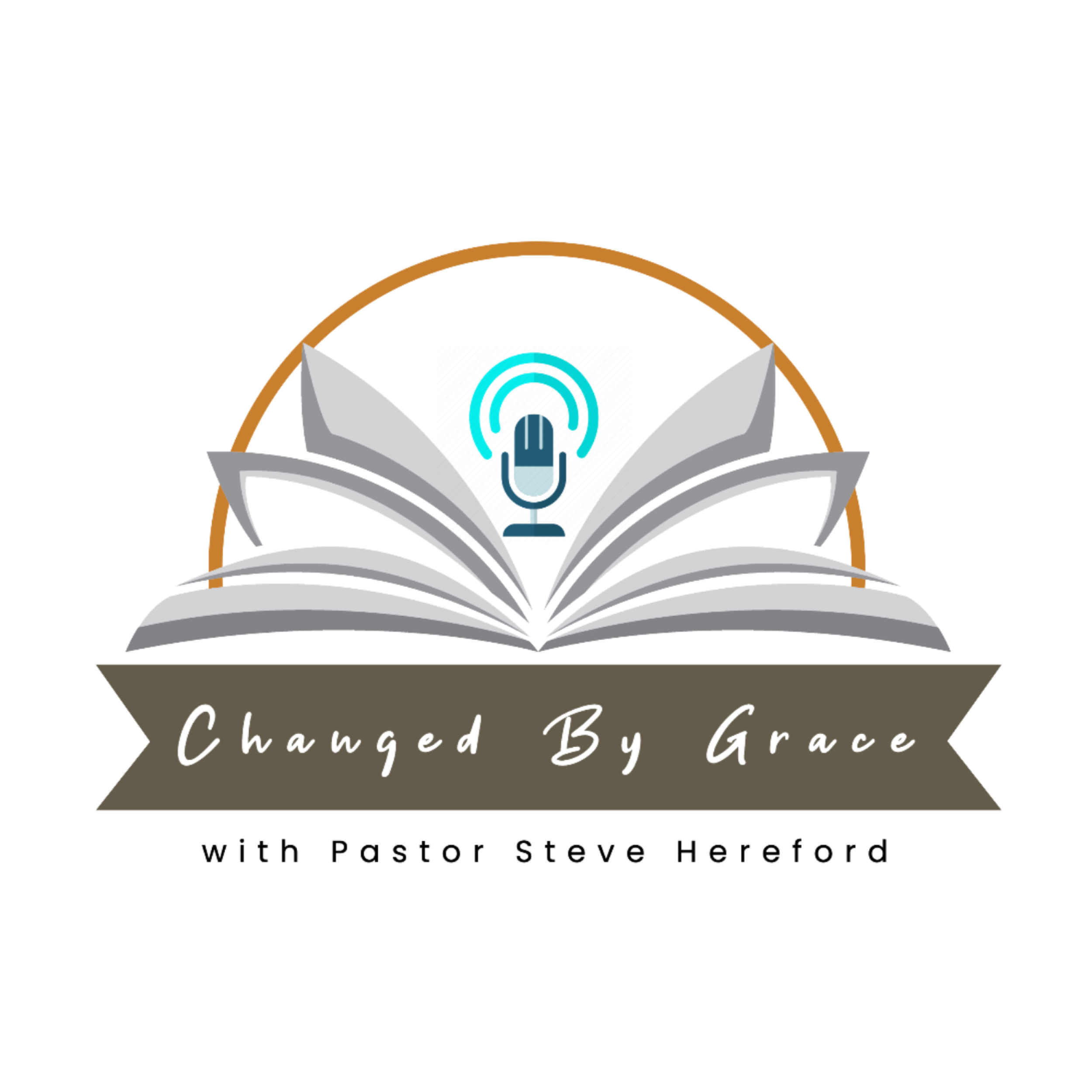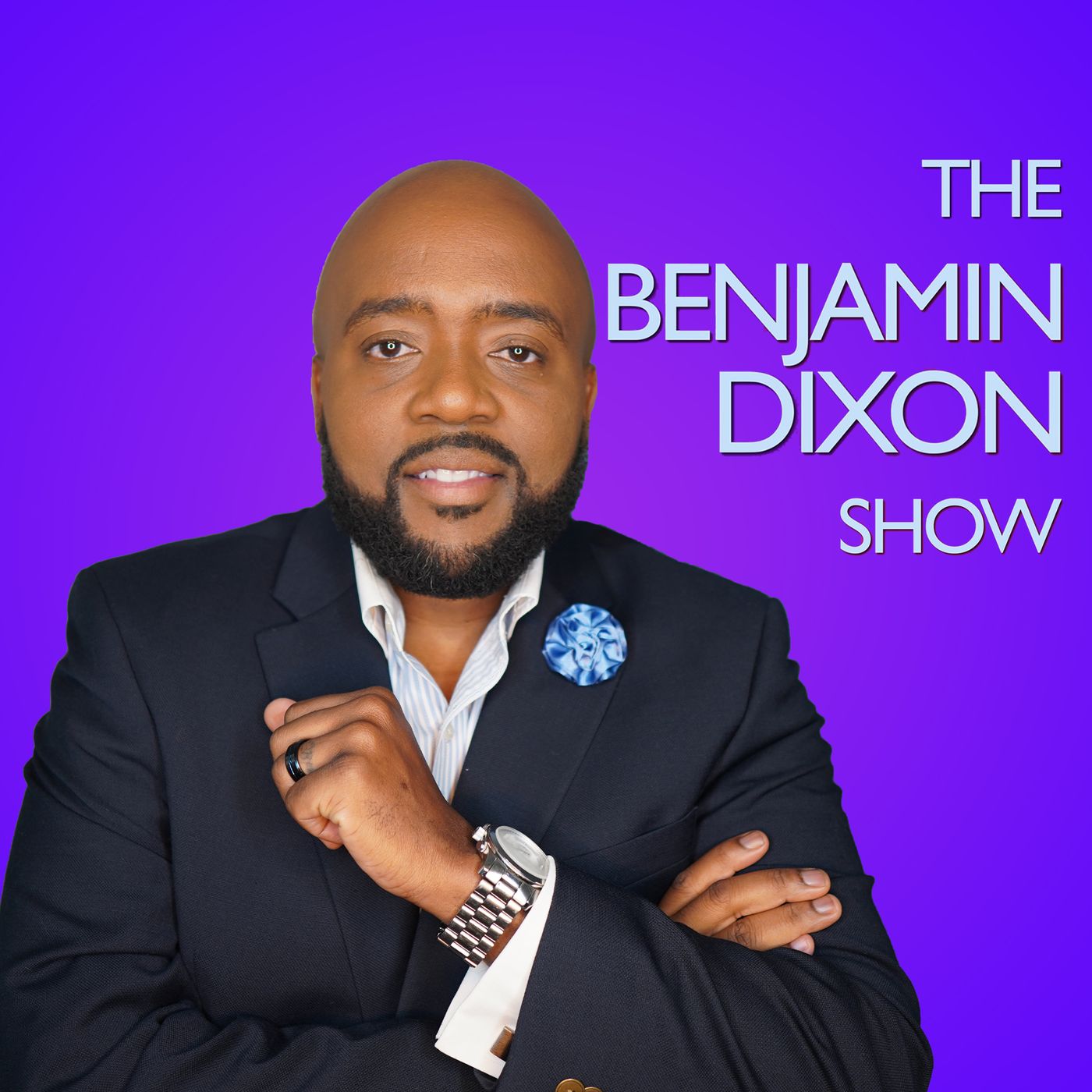
The Darrell McClain show
Independent media that won't reinforce tribalism. We have one Planet; nobody's leaving so let’s reason together!! Darrell McClain is a Military veteran with an abnormal interest in politics, economics, religion, philosophy, science, and literature. He's the author of Faith and the Ballot: A Christian's Guide to Voting, Unity, and Witness in Divided Times. He was born and raised in Jacksonville FL, and went to Edward H white High School,l where he wrestled under Coach Jermy Smith and The Late Brian Gilbert. He was a team wrestling captain, District champion, and an NHSCA All-American in freestyle Wrestling. He received a wrestling scholarship from Waldorf University in Forest City, Iowa. After a short period, he decided he no longer wanted to cut weight, effectively ending his college wrestling journey. Darrell McClain is an Ordained Pastor under the Universal Life Church and is still in good standing as well as a Minister for the American Marrige Ministries . He's a Believer in The Doctrines of Grace, Also Known as Calvinism. He joined the United States Navy in 2008 and was A Master at Arms (military police officer) He was awarded several awards while on active duty, including an expeditionary combat medal, a Global War on Terror medal, a National Defense Medal, a Korean Defense Medal, and multiple Navy achievement medals. While In the Navy, he was also the assistant wrestling coach at Robert E Lee High School. He's a Black Belt in Brazilian Jiu-Jitsu under 6th-degree black belt Gustavo Machado, Darrell Trains At Gustavo Machado Norfolk under the 4th-degree black belt, and Former Marine Professor Mark Sausser. He went to school for psychology at American Military University and for criminal justice at ECPI University.
The Darrell McClain show
Exploring US Politics: Ukraine's Hope and Farmer's Dilemma
Is the U.S. military support the lifeline Ukraine desperately needs to survive? Explore the critical role of American assistance as President Zelensky navigates the dangers of potential peace deals without Ukraine's say. We'll dissect NATO's vulnerability if U.S. backing falters and analyze the shifting dynamics within Europe, with Vice President Vance urging Europe to step up its defenses. This episode shines a spotlight on the complex web of international relations, the specter of Russia's ambitions, and the democratic values at stake.
Prepare for a deep dive into the Trump administration's chaotic handling of the Ukraine crisis. Mixed signals and diplomatic chaos have left allies on edge, especially after Vice President JD Vance's controversial remarks at the Munich Security Conference. Could Trump be gearing up for a major concession to Moscow, risking Ukraine's security and critical resources? We weigh the uncertainties of his negotiation style, examining whether Trump's role as a pragmatic dealmaker or hard-right ideologue could reshape transatlantic alliances amidst Putin's aggression.
Shifting focus to the home front, we tackle the constitutional turmoil under President Trump's leadership. With Elon Musk at the helm of the Department of Government Efficiency and a flurry of executive orders, the echoes of Andrew Jackson's presidency reverberate through American politics. Meanwhile, the Trump era's impact on agricultural policies has left farmers in a paradox—voting against "handouts" that sustain them. We unravel the irony of this economic landscape, exploring how subsidies and social welfare programs like WIC intertwine with the realities of American farming. Join us as we unpack these intricate layers of political and economic decisions shaping both the global stage and the heartland of America.
Can Ukraine survive without US military support?
Speaker 2:Probably it will be very, very, very difficult. Of course, in all the difficult situations you have a chance, but we will have a low chance.
Speaker 3:Welcome to the Darrell McLean Show. I'm your host, darrell McLean. Independent media that won't reinforce tribalism. We have one planet. Nobody is leaving. Let us reason together, episode 445. So of course, that was Vladimir Zelensky talking about how Ukraine is utterly dependent on help from the United States to survive. And he is saying that because the tone and tenor of the president, the vice president and the new secretary of defense is somewhat looking like that Russia is going to get everything and Ukraine is going to get nothing.
Speaker 1:Let's get into the episode. Can you accept any peace deal that is cut without Ukraine?
Speaker 2:No, I'm sure that we have to be there, otherwise it's not acceptable. But if there is a decision without us and Putin will go out from all our land, we will be in NATO and Putin will be in the prison. So President Trump can do it without us.
Speaker 1:You had a message to Vice President Vance about the potential implications of pulling out of NATO. What was your message to the vice president?
Speaker 2:That will be destroying of NATO.
Speaker 1:Is it true that you told president Trump during that phone call that Putin is only pretending to want peace because he's afraid of Mr Trump?
Speaker 2:Yes, yes, I said that he's a liar and he said I think that my feeling. He said that he's ready for peace negotiations and I said to him no, he's a liar, he doesn't want any peace. But I think he's really a little bit scared about the President Trump and I think the President has this chance and he's really a little bit scared about President Trump and I think the president has this chance and he's strong and I think that really he can push Putin to peace negotiations. Yes, I think so. I think so he can, but don't trust him, Don't trust Putin. Let's be honest Now. We can't rule out the possibility that America might say no to Europe on an issue that threatens it. We must build the armed forces of Europe so that Europe's future depends only on Europeans.
Speaker 3:No, of course, Ukraine is in a very difficult position here because everybody has been saying for a very long time that it would be very difficult for Ukraine to beat Russia in a head-on-head collision. What's actually been very amazing to me and to a lot of military analysts is, if you remember the first few weeks of the conflict between Russia and Ukraine, there was post even suggesting that Vladimir Zelensky was going to be assassinated, that he would be killed by Russia, etc. And Russia somewhat thought this would be a cakewalk, that they would roll in, take over Ukraine, that they could use propaganda under the notion that Ukraine and the people in Ukraine spoke Russian, because Ukraine was once a part of, you know, the official government of Russia. It was a part of the Russian territory as a part of the Russian territory. And instead of Ukraine folding in a matter of weeks, like a lot of people thought, instead of Zelensky being killed, he's actually been going to the front lines with his soldiers and Ukraine has withstood the attack from russia for three years and, of course, that has been with help from the united states. Now, of course, as what happens with a lot of superpowers, the united states is grown war weary.
Speaker 3:Uh, you, you could say, on one hand. On the other hand, you could say that it's just that donald trump does not have the capacity or the will to stand up to gladimir putin. And that is only because and I only say that because, in this example, um, you have the Secretary of Defense going and saying it's naive for Ukraine to think it's going to go back to its 2014 borders. You have a peace deal that does not have our peace negotiations. I should say that does not have Ukraine sitting at the table. Have Ukraine sitting at the table and still getting to keep everything that it took, getting the land? Uh, there's no punishment for the people that have been killed and there's no conversation about the return of the children, and it makes you have to question um, what, what sort of piece is this? If the deterrence is gone, if there is no real punishment or sanction for the invading of your neighbors and taking their land, what is it going to take? How long will it be before, uh, vladimir Putin does it again? Is he simply going to wait till in two years, when Donald Trump is a lame duck president, before he pops off another war? Is he going to wait till the midterm elections? Is he going to wait till Donald Trump leaves office.
Speaker 3:We had to remember that this is a game that Vladimir Putin has been playing for a very long time. When George Bush was president, he invaded Georgia Got to keep the land. When Barack Obama was president, he invaded Georgia got to keep the land. When Barack Obama was president, he invaded Kiev got to keep the land. When Joe Biden was president, he goes into Ukraine. And if he gets to keep the land, if that is what is going to be the model, that is going to be the response when Vladimir Putin or any country does a old school style colonial takeover, if there is no punishment, then there will be no stop to the actions.
Speaker 3:Now the Vice President of the United States, jd Vance hada trip, where he went to Europe and, instead of talking about Vladimir Putin and talking about what he's done, somewhat seemed to point the finger at the Europeans because they're not doing enough. I talked about the europeans and them uh, stopping elections sometimes. Uh, even in one part of his conversation basically said if your democracy can be interrupted by internet campaigns, it wasn't much of a democracy at all. So this has caused ripples through Europe, where Vladimir Zelensky even is said to that they're going to have a different summit, the European summit, that does not involve the United States of America.
Speaker 5:For years, we've been told that everything we fund and support is in the name of our shared democratic values. Everything from our Ukraine policy to digital censorship is billed as a defense of democracy. But when we see European courts canceling elections and senior officials threatening to cancel others, we ought to ask whether we're holding ourselves to an appropriately high standard. And I say ourselves because I fundamentally believe that we are on the same team. We must do more than talk about democratic values. We must live them.
Speaker 3:So, of course, all the people in Europe, who are our allies, were shocked, not used to being spoken to in this manner. A lot of them felt like we were parroting Russian talking points. The President of the United States, donald Trump, was asked about some of the comments and he was talking about the freedom of speech and migration in Europe.
Speaker 2:Do you believe that European leaders have a fundamentally different view of the world than this administration's?
Speaker 6:Well, I heard his speech and you're talking about JD's speech, right? Yes, sir, I heard his speech and he talked about freedom of speech and I think it's true, in Europe, it's losing their wonderful right of freedom of speech. I see it. I mean, I thought he made a very good speech, actually a very brilliant speech. Europe has to be careful, and he talked about immigration and Europe has a big immigration problem. Just take a look at what's happened with crime. Take a look at what's happening in various parts of Europe. I thought his speech was very well received, actually.
Speaker 3:I've heard very good remarks. Chaotic approach has allies rattled. Trump has raised fears he might be preparing to sell out kiev to placate moscow's latimer uh zielinski um trading him over to president putin. The trump administration began its first week of negotiations to end the war in Ukraine with a dizzling array of mixed signals that confused and worried Americans, european allies, and seemed to reward chiefly Russian President Vladimir Putin. Even by President Trump's disruptive standards, the opening bargaining process verged on anarchy. The messages and the messengers changed almost daily. Concessions to Putin were offered and then withdrawn. The administration seemed to be excluding Ukrainian President Vladimir Zelensky, then wooing him, then fending him off again.
Speaker 3:The diplomatic roadshow centered on this weekend's Munich Security Conference, the annual celebration of the Transatlantic Alliance. Vice President JD Vance has bizarrely used the gathering to hang-rang Europeans and insult his German host. His remarks offended even some of the fellow Republicans, and Germany's Defense Minister Boris Perros was heard saying during the speech this is unacceptable. Sheldon Whitehouse from Rhode Island, the most senior Democrat on the Senate delegation here, summed up the reaction to Vance's speech this way it's fair to be say he bombed Of the disarray in the trump's entourage. White house told several journalists, trump's uh, marginal and managerial style is to let his subordinates say very discordant things. The challenge was separating the signal from the noise in the Trump's team's messaging. Probably that clarity doesn't exist yet in Trump's own mind In negotiation. He likes to conduct a reconnaissance through fire A Polish foreign minister raiding a circus put in the Munich gathering using a Russian military expression. As the shells explode, he will then redirect his fire.
Speaker 3:Trump began bracketing the target with his Wednesday phone call to Putin, which was accompanied by the Defense Secretary, pete Hankins' concession that day of two key negotiating points that Ukraine couldn't keep all this territory and that the nato membership was a non-starter. Now that amplified fears among ukrainians and ukrainian americans and european supporters that trump was preparing to sell out kiev to placate moscow. I'm not the world's most important and famous dealmakers, petrus sarcastically told the Munich audience. But if I were, I would know that I don't take any extensional point of negotiations off the table before the negotiations begin. Trump's call to Putin accused of war crimes by the International Criminal Court may have been the biggest concession of all. Champagne corks are popping all over Moscow, the White House told the team.
Speaker 3:Trump's team also tried to shake down Zelensky's before the Ukrainian leader left for Munich. Down Zelensky's before the Ukrainian leader left for Munich. Zelensky told an astonished group of senators at the treasury Scott Bitson had visited him in Kiev and pressured him to sign over the right of half of Ukraine's critical minerals as a price of Americans' support in negotiation. For me this is very strange, zelensky said several times in describing the scene for the Senate group. Despite the hard sell, zelensky refused.
Speaker 3:By the time Zelensky arrived in Germany, the Trump administration seemed to have softened his term. Hesek walked back some of his initial comments and said Trump would make a final decision about NATO. Trump himself said Kiev would be a part of any negotiation and Vance said Trump's goal was a durable peace. That would presumably require security guarantees from Ukraine. Our security guarantees for Ukraine, I should say guarantees for Ukraine, I should say.
Speaker 3:As the weekend progressed, zelensky and his supporters seemed to be warming to the idea that trading mineral wealth for American support were still talking, he said of the Bisset proposal. A properly negotiated mineral deal between the US and Ukraine could be extremely beneficial for both sides, said the White House, a strong Ukrainian supporter the origin of the 21st century. Now that's fired Trump's transactional passion. Graham said the critical mineral deal is a Putin nightmare. It turns Ukraine into a business deal, explained Graham, who led the Senate delegation there. As for the future security guarantees, graham urges Trump to declare that if Putin attacks Ukraine again after a Trump-brokered peace deal, it would mean a automatic NATO membership for Kiev. That may be a way of finessing the issue of a security guarantee and NATO membership. The key would be that Trump owns it.
Speaker 3:Graham said If Putin doesn't want or doesn't take what Trump thinks is a good deal, trump will crush him. Graham said it will make Trump look weak. Even Zelensky seems to think that Putin is scared of Trump saying on stage this is his call Wednesday, when Trump offered that Putin is afraid. This talk of fear factor ignores the reality that Putin has waged a bloody war of aggression for three years and there is no sign yet that he is ready to concede his basic goal of making Ukraine a neutral buffer zone as opposed to a quasi-member of NATO. In neutral buffer zone as opposed to a quasi-member of NATO, putin still thinks he's winning, despite more than 700,000 casualties, effectively confirming that Zelensky concedes that in recent fighting, ukraine has lost more than 4,000 square kilometers. Zelensky hopes troops will hang tough, but he offered a painful reality check in his speech to the conference. Let's be honest now. We can't rule out that America might say no. In that case, he urged, europe would stand alone against Putin. With Ukraine as his backbone. They would together form an army of Europe.
Speaker 3:After watching the first turn of the diplomatic dance, people are left wondering which version of Trump will prevail. Is this the pragmatic dealmaker who Graham describes? Or is this the hard right ideologue who saw in the Vance speech pleading to take our shared civilization in a new direction? In any case, the audience reaction to the speech was mostly stunned silence. The only time we can remember a similar attack on the core transatlantic values was put in 2007 speech in effect, declaring war on the west.
Speaker 3:At some point, the erroneous of the erosion of trust is going to affect the alliance. Senator Mark Warner, the Democrat for Virginia, told the gathering of journalists the constant undermining of alliances as a long-term very dangerous Of the Trump's team's performance last week here. It appears to me that this diplomacy is at odds and it is more of an ad hoc basis. The negotiation train will accelerate as the secretary of state, marco rubio, and the russian foreign minister, sergey liverov, meet in saudi arabia to discuss the preliminaries. At writing it. It appears that no senior ukrainian representative will present. This is a very bad sign. Zielinski insisted in his munich speech that ukraine will never accept deals behind uh closed doors, behind our backs, without our involvement. What, what betrayals may lie ahead if trump's defaults on his promises a peace through strength? Zielinski forces may victory day visit Moscow by Trump, who will be invited by Putin as a prop. Trump supporters might forgive him for that, but history won't.
Speaker 3:Now this is coming out of the Washington Post, and that was a reporting done by David Ignatius. Now David Ignatius is a writer at the Post that I read and he writes twice a week on foreign affairs. He also wrote a book that I'm thinking about buying, and it is the Phantom Orbit. If you want to follow David Ignatius he's regularly on Morning Joe Follow David Ignatius.
Speaker 7:He's regularly on Morning Joe and he also has a Twitter account at Ignatius Post, we'll be back with more of the Darrell McLean Show, trump, andrew Jackson and the Trail of Tears. I'm Amy Goodman, host of Democracy Now with Dennis Moynihan and our weekly Breaking the Sound Barrier podcast. The United States is in a constitutional crisis with scant historical precedent.
Speaker 7:President Donald Trump has launched a power grab through executive orders and proclamations. He's installed the world's richest man, his principal campaign donor, elon Musk, to run the Department of Government Efficiency, or DOGE. Musk, who some now call the ex-president after his platform, formerly known as Twitter, is the largest government contractor, with his SpaceX serving as the sole launch provider for NASA and Pentagon space operations. Musk is eviscerating almost every federal agency that's either investigated, fined or sought to regulate his business empire, all while avoiding investigation into conflicts of interest.
Speaker 7:Trump's fiats from his attempt to overturn the constitutional right to birthright citizenship to freeze trillions of dollars of federal funds already approved by Congress and signed into law, including foreign aid, science funding and DEI initiatives. His mass firings of civil servants. His attack on immigrants and trans people, and Doge's unfettered access to the private records of millions of federal workers and regular Americans. Many federal judges have issued injunctions, at least temporarily, halting Trump's rampage. When a federal court issues an order. According to US constitutional law, a president must obey. At an Oval Office news conference on Wednesday, when he and Musk took questions, trump was asked if he would abide by court orders.
Speaker 6:Yeah, the answer is I always abide by the courts, always abide by them and will appeal.
Speaker 7:Yet a federal judge in Rhode Island ordered the administration to restore federal funding after 22 states sued and followed up a week later, accusing the White House of ignoring his order. He then denied Trump's request to allow the freeze to stay in place during the appeal. As of Thursday, february 13th, reports are that the funds are still not flowing, violating the court's order. Vice President JD Vance, who was educated at Yale Law School, has encouraged Trump's defiance. In response to the slew of restraining orders halting Trump's executive orders, vance tweeted quote if a judge tried to tell a general how to conduct a military operation, that would be illegal. If a judge tried to command the attorney general how to use her discretion as a prosecutor, that's also illegal. Judges aren't allowed to control the executive's legitimate power, vance said. Vance's view of extreme executive power is not new. In a 2021 interview, vance offered this advice to Trump, who he predicted would win in 2024.
Speaker 8:Fire every single mid-level bureaucrat, every civil servant in the administrative state. Replace them with our people. And when the courts because you will get taken to court and when the courts stop, you stand before the country, like Andrew Jackson did, and say the chief justice has made his ruling, now let him enforce it.
Speaker 7:Andrew Jackson became the seventh president of the United States in 1829 after running as an anti-establishment candidate who would fight corruption and the entrenched aristocracy. He was a hero of the War of 1812, had little formal education, a fierce temper and two bullets lodged in his body, one from a duel and another from a brawl with Thomas Hart Benton, who would later become a senator and a key Jackson ally. Jackson also owned a plantation and enslaved people of African descent. He sold some, breaking up families and brought a number of them to work in the White House. The Jackson quote that Vance tweeted refers to an 1832 US Supreme Court decision, worcester v Georgia, penned by Chief Justice John Marshall. The court ruled that the state of Georgia could not impose its laws on Cherokee Native land, which Georgia wanted to control. This allegedly prompted President Jackson, who sided with Georgia, to utter that threatening line. Quote the chief justice has made his ruling, now let him enforce it. Unquote Jackson, it turns out, didn't have to defy the court's order.
Speaker 7:In succeeding years as president, he was able to pack the court, consolidating a majority which overrode the Marshall Court's precedents. This allowed Jackson to orchestrate one of the greatest ethnic cleansings in US history the Trail of Tears From roughly 1830 to 1850, an estimated 60,000 people of the Cherokee, chickasaw, choctaw, muskogee and Seminole indigenous nations were forcibly relocated to reservations in what is now Oklahoma. Close to 20,000 of them died en route or shortly thereafter. This was a central episode in the US government's genocide against indigenous people. Jd Vance's threats to defy court orders, echoing a dark era under President Andrew Jackson, are an ominous warning as the Trump constitutional crisis continues to be fought in the courts and in the streets.
Speaker 3:I'm Amy Goodman with Dennis Moynihan, the historian Jonathan Meacham, was asked about what was going on in some of the summits, what the change in the tone and the tenor of the Republican Party when it comes to Russia, when it comes to Europe, and this is what he had to say.
Speaker 9:It changed the post-World War II order. It changes the Republican Party in a deep and fundamental way. The party of Ronald Reagan is fully the party of Donald Trump, which is a hugely significant historical shift where the center of gravity moves from trust. But verify, mr Gorbachev, tear down this wall. Ronald Reagan was one of the great negotiators in American history, the only union president to ever be president of the United States, union president to ever be president of the United States, and he starts out his term in 1981 saying to the Soviet reserve under themselves the right to lie, to cheat, to steal, and then he ends it literally in the spring of 1988, playing with babies in red square. That's where the Republican party was 40 years ago. Now it's in a place where, as you suggest, jonathan, it basically is going back to a pre-World War II great power politics where the rule of the strong predominates and principle, which is always as David knows far better than I do, principles always a flexible matter in geopolitics.
Speaker 9:But we have at least tried. Since we entered the Second World War, after Nazi Germany declared war on us in the first week of December 1941. The United States has attempted to ground its policy in a principled ethos. States has attempted to ground its policy in a principled ethos. This becomes a moment where, if you are Russia, if you are China, if you are a foreign power, what is the lesson of this? The lesson is aggression will be rewarded, and the fundamental principle since 1945 has been that we cannot award reward aggression. It's a deep and fundamental thing, john, since you're right.
Speaker 10:What you're saying is right. We had 80 years of a wonderful relationship, but now it's time for a rethink and arguably the person you serve, george W Bush and then Joe Biden, were the last transatlantic presidents. Obama wasn't. Clearly, donald Trump isn't. America first is Europe last in Donald Trump's mind. But what are the specific openings this gives to in the short? We can talk about China later, but in the short term, to Russia, I mean, if you're sitting in Moscow right now, what are you thinking beyond Ukraine? Or are you thinking listen? I mean, there's another point of view. I've lost so much in Ukraine. It's cost me so much in terms of people. I really don't want to go any further. Or do you think Zelensky is right when he starts warning listen, they're having exercises in Belarus, just like they did before they invaded Ukraine. Where's next?
Speaker 11:Well for Putin. He sees how a clearly transactional relationship with Donald Trump pays off, and he also, though, has to be wary of what he is causing among the European allies right outside his borders, who are really rising to this moment, and I think that's what I would ask David Ignatius Does it seem like, at the Munich conference, that our allies are seeing that this is not just passing talk from Donald Trump, and they're really going to have to step up and provide more of European security and fill the vacuum that's going to be left by the United States?
Speaker 3:The answer to that question is that people are hoping against hope, especially in Europe, that america will continue its role. Um, we we learned from the trump 1.0 that he is very skeptical of nato, he's very skeptical of the european alliance, he's very skeptical of american foreign entanglements. Now there's some reporting that had been done by Thomas Hartman, who basically and that his position has somewhat been the same ever since. Now it's one of those. One of those it goes into some of the pathology of the thinking around Donald Trump and Russia. Of course, it's been widely documented that when the American banks stopped giving President Trump money, he could only get money from Russia, etc. Long time he has always been very distrustful of a lot of the foreign alliances that America has with some of the closest allies. He seems to fundamentally believe that America is always getting the raw end of the deal, and that includes when it comes to one of our biggest allies. When it comes to one of our biggest allies, canada, which I had many discussions with my nephews about this past week. That made me think about this a lot, because of course, we talked about how the Canadians on the last show are feeling betrayed, etc. Etc. And I think it's just part for the course of what is going to be possible in this administration the questioning and the reformation and the realignment of a lot of allies.
Speaker 3:I've seen people have left because of the usaid um, some would say debacle, some would say a good deal that they have decided to leave, um, the teat of america and they have gone right into the hands, to the arm, to the stomach of uh, the chinese, and so they they're using now the chinese version of usaid.
Speaker 3:Speaking of usaid, um, we have to talk about this, this uh program that farmers were using of usaid without actually knowing that they were doing it, and now that the subsidies and et cetera have been cut off from these programs, now they're being forced to face the fact that a lot of the family farms, et cetera, that a lot of the family farms, etc. Are actually on the chopping board because there was contracts that they were getting from USAID that I don't know if they were aware of or not aware of. There was also programs from the uh reduction act that they were getting and that has been canceled. So now a lot of these farms, family farms, american farms, from places where they voted for Donald Trump is coming around to the fact that they are going to be on the chopping board, because they thought they were against DEI and they did not realize that they were the E in the DEI.
Speaker 12:I should say food stamps are a subsidy to Walmart and candy companies, charging the government $4 for an ounce of corn syrup. Okay, I understand where you're coming from here. So this was on a video where I was saying do folks in America not realize that food stamps and WIC and other programs like that for needy families, for hungry people, that those are actually USDA agricultural subsidies? And so when and so when farmers vote against handouts, when conservative Republican farmers voted for Donald Trump, voted for gutting these programs and looked to judge hungry folks call them welfare queens with how they love to rage against socialism that those folks are shooting themselves in the foot because in wanting to do away with or cut back these programs, they are ensuring that the subsidies that keep their farms going, those go away. We are watching America's farmers in the heartland start to wake up to the reality that their support of Donald Trump might cost them their farms. I'm frankly, surprised they don't remember all of the farmers who went out of business during the first Trump administration. It was a lot, soybean farmers especially.
Speaker 12:Look, I understand the point that this person is making. Right, walmart, which is just a terrible, predatory business on purpose, pays their employees so little that they will qualify for food stamps. Right, they pay them exploitive wages and they rely on America's agricultural subsidy program to fund their profit margin. Right, we are not going to pay our families, our employees, a living wage. We're going to keep it so low that we're going to have the government subsidize our business by getting those families food stamps and Medicaid as well. We're going to suppress their pay enough that they qualify for these programs. I understand that that's what this commenter is saying here, and they're also saying that folks on food stamps this is a very common belief that folks are just buying soda and candy and steaks, like the conservative talking point is that they're just buying junk food and meat that working class people can't afford. By the way, most people who take food stamps and who take WIC and are on assistance and who have kids on free and reduced lunch, those folks are working. They're working for places like Walmart. They are working class Americans.
Speaker 12:This is also an opportunity to remind you of who grows the corn that is turned into corn syrup. Do you not understand that allowing folks to buy sugary things or not allowing them to buy sugary things is not really that much about the health of people who are on those programs. I would posit that it is far more about what segment of the agricultural industry needs more subsidies. As a college student in Iowa, we had a train that cut through our campus and every day it would just be ka-junk, ka-junk, ka-junk, these giant tankers full of corn syrup. Iowa, nebraska, illinois, minnesota, are main producers of corn for corn syrup. Those farmers are also getting agricultural subsidies, whether they are small family farms or giant agribusiness.
Speaker 12:But what we're seeing now under Trump is that small family farms are losing all of their subsidies. They're losing their grants that allow them to be competitive. The DEI, the E in DEI, is equity for small farmers, and that has all gone away under Trump. And small farmers voted for that. They voted for their own ability to compete in the marketplace with big agribusiness, for that to be obliterated, because they didn't want hungry people to not be hungry. They didn't want to see children be fed. I don't know, but now big agribusiness is going to be able to out-compete family farms, buy up those family farms. When those folks have to sell, when they lose their family farm, when they lose their legacy, big corporations also hedge funds waiting to sweep in and buy up that land. The goal here is to drive little family farms out of business and to consolidate all of the government funding under big agribusiness and to have all of us be workers for these giant corporations. If you think I'm wrong, just read anything that Elon Musk has written about what he thinks about workers.
Speaker 12:I'm going to keep ranting about this subject today because I didn't know how many people were like this is the first I have heard of this or come to understand that all of these welfare programs are really ag subsidies. And America's farmers are now incredibly conservative by and large, and the way they just voted in this election, despite the fact that so many of us were screaming at them like this is going to hurt your farm. They didn't believe it, and now they're waking up, they're finding out. So is this a moment when America's farmers return to their roots as members of the working class and unite with the rest of us? I sure hope so. So I made a quick little video yesterday that I didn't realize was going to pop off.
Speaker 12:I didn't know that it wasn't common knowledge that so many of our welfare programs, our handouts that so many conservative Americans are opposed to, are all agricultural subsidies food stamps, wic, you know, free and reduced lunch, as well as a lot of our overseas aid programs for hungry communities, for struggling communities, communities in conflict. Those are all agricultural subsidies. We buy things like powdered milk, dried grains, rice, beans, ship them overseas as part of our food aid package. Those are all things that are grown in the United States by America's farmers Food stamp money, states by America's farmers Food stamp money. The milk, cheese, peanut butter, beans, cereals that folks get from WIC those are all USDA agricultural subsidies. Which is why it blows my mind that so many conservative farmers are opposed to what they see as handouts, not understanding that those handouts are actually to them, the farmer. They are taking the handout that those handouts are actually to them, the farmer. They are taking the handout. Those are agricultural subsidies. That is, the government paying for the foods that America's farmers grow and redistributing them to needy people here and abroad.
Speaker 12:Without those programs, a lot of small family farms are about to be real screwed and I think it's so crucial, as we're having this conversation about the ways that this regime is harming every working class American, to gain some awareness of how all of these programs are interconnected and organized and designed to benefit working class folks all over the place. They are connected so that when farmers over here benefit, hungry people over here get fed, and that all of these programs that Musk and Trump are cutting are for one thing, and that is for tax cuts for billionaires. Men who have more money than they can spend in 10 lifetimes are seeking to enrich themselves by gutting the infrastructure, the funding that Congress has allocated that they know keeps America running, that keeps farmers in business and keeps people fed. We're going to find out more and more. I think more and more working class Republicans are going to find out how many of these programs benefited their communities in ways that they had not previously understood. This is an opportunity for us to get educated about what these programs really are, rather than just listening to Musk's tweets where he regurgitates lies, some of them 10-year-old nonsense. No, the government didn't spend $600 billion on sushi. No, chelsea Clinton didn't get $84 million. But do you know that the money for USAID and food stamps and free and reduced lunch and WIC that fed hungry people kept America's farmers in business? The more folks are impacted by the disastrous gutting of the federal government. Elon Musk unilaterally deciding that all of these things that Congress had passed because they understand the value of them, him deciding he's going to cut all those things in order to fatten his big, fat, chonky wallet even more. The more folks realize, the more they feel the impact of that, the more there's an opportunity for education and awareness. And out of that I hope there comes awareness and solidarity and a united front. And I hope out of this can come working class solidarity, a united front where we all understand who our common enemy is, we understand who our common oppressor is and we work to once again make this a country of the people, by the people and for the people, not for a foreign billionaire.
Speaker 12:Food stamps were never about feeding the hungry. It was 100% to subsidize farmers. Yeah, I will never understand Republican farmers who are like I'm voting to end these handouts. First of all, your farm takes a gajillion subsidies, as this young man, skyler, is finding out, he's losing his $80,000 in subsidies from the government. But also, I used to work for WIC and wick is really it really is an agricultural subsidy. It started that way, that's for sure.
Speaker 12:You ever wonder why moms on wick get far more milk than any family can possibly consume? I know, when we were on it I was making yogurt and cheese out of it because it's just vast quantities of milk. Yeah, it's, because it's really a subsidy for dairy farmers. You ever wonder why the main things you get on wick are formula cow's milk cheese? You ever wonder why the main things you get on WIC are formula cow's milk cheese, cereals, wheat, corn, soybean dairy farmers?
Speaker 12:I made a video talking about how WIC is actually an agricultural subsidy and so many folks in the comments were like that blows my mind. I was today years old when I learned that WIC and food stamps and free and reduced lunch are all programs that are meant to be agricultural subsidies that just happen to also feed hungry people. These are USDA programs that directly funnel money into America's farms. So when farmers are against welfare, against handouts, they are shooting themselves in the foot. Farmers who voted for Donald Trump, who is now gutting all of these programs, y'all shot yourselves in the foot. And in talking about WIC, I worked for WIC. Briefly, there is a ton of milk that you get more than a lot of families can use. Also tons of peanuts and beans cereals, because they're ag subsidies. These aren't convenience foods. These are foods that have to be cooked from scratch. I used to use WIC milk to make homemade cheese and homemade yogurt, because there was six gallons of it and we ate a ton of beans and split peas.
Speaker 3:So, of course, the farmer she alluded to was a gentleman who got online because he now realized that he is losing, but I think it was $80,000 in funding to his farm from USAID.
Speaker 4:I need your help to save my farm and many other farms. I wanted to give you guys an update on what we figured out with our contract through NRCS so to give you some backstory. If you haven't watched the previous video, please go out, watch that previous video. I've got on there. We are possibly going to lose our farm if NRCS doesn't hold up their contract with us on the EQIP program. So the reason that they're not able to hold up the contract is our EQIP program, which is cost sharing on fences, waters, a well and some seedings, was funded by the Inflation Reduction Act.
Speaker 4:Because of the executive orders, there's a pause or a freeze on the funding through the Inflation Reduction Act and they're not able to pay freeze on the funding through the inflation reduction act and they're not able to pay out on the stuff that we completed or anything going forward. But the issue I have is is I've already paid, I've already done a bunch of the work, already paid for the material, already paid for the labor. So I'm out all that cost and I use my farm operating expenses in order to do those projects because per contract I knew that I was going to get cost sharing refunds on the stuff once completed. But now that it's completed, they're saying that they're unable to provide the funds because of the freeze on the inflation reduction act funds. So I reached out to a couple different senators and congress people. So I reached out to Ann Wagner's office. I have not heard back from them. I reached out to Josh Hawley's office. I have not heard back from them. I reached out to Josh Hawley's office.
Speaker 7:I have heard back from him, not from him personally, but from his office.
Speaker 4:And they are looking into it because they said that this should not be happening. The intention was not to take away the funding from the farmers, but doing the Inflation Reduction Act, cutting those costs. Then it's also taken away from the programs that those programs helped out. So it's in the works. But what I need from you guys is if you could please share this. Tag your representatives, tag your senators. I need to get some ground on this because I'm not the only one that this is affecting. So there are other farmers in the comments saying that they're in the same boat that I'm in, because they signed these contracts and the contracts even like.
Speaker 4:Whenever I looked into the contracts, I made sure that that funding was set aside. It wasn't funding that. Oh, we hope it's there whenever it's done, I made sure that that funding was set aside. So that way, before I made these business decisions, I knew that funding was there per contract. So they're backing out on the contract because they don't have the funding. They can't release the funds. So please tag the representatives, Please tag the senators. So please tag your representatives, Please tag the senators. I need to get some ground on this. We need to help me and other farmers out. We've got to get this funding paid out. I don't care if they don't do it in the future. The problem is there was contracts in place, Multiple farms made business decisions and multiple farms are going to sink if we don't get traction on this and get those funds unfrozen.
Speaker 3:So, basically, what is being said here? What is being said is fairly simple. He and a lot of other farms were wholly dependent, or largely dependent, on government subsidies. And now they probably didn't think about it, because people don't regularly look at public policy. They just gotta have a straw man that they want to ran against. And now he has to live with the consequences of his, of the rhetoric. He had to live with the consequences of who he voted for, just like the people who voted for the venezuelan people and the yada yada who voted a certain way. And now they're getting deported and you just look at them and you just say this was not a secret. This is what the president ran on. Um, I'm very sad that it looks like he's gonna lose his farm. He called Josh Hawley and reached out to Josh Hawley's office. Josh Hawley voted against that bill. You're not going to find a likely ally in Josh Hawley. Josh Hawley was not for that funding going to the farms, so it looks like that this person is SOL. See you on the next episode.







